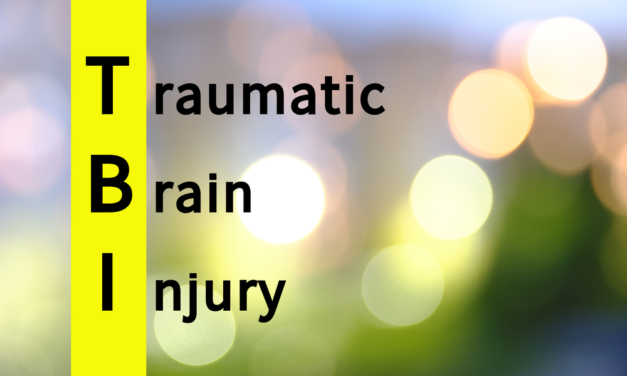The Role of Pulsed Magnetic Fields (PEMFs) in the Management of Concusion and Traumatic Brain Injury (TBI)
Table of Contents

Journal of Science and Medicine Abstract by William Pawluk discussing brain injuries
Read the full article in the Journal of Science and Medicine.
Abstract Summary
Traumatic brain injuries, or concussions, have challenged me as a doctor for over 40 years. Today’s solutions remain much as when I first learned about them in medical school. The key change is the growing recognition of mild TBI’s importance. In the past, serious brain injuries dominated attention, often requiring intensive care for coma patients. Now, we understand that even mild, especially recurrent cases, leave significant brain marks leading to major disability. Sports concussions have recently highlighted these consequences.
Therapies for mild to moderate TBI mainly focus on adaptation. New approaches are essential due to residual long-term brain effects, even after apparent recovery. Evidence suggests that early use of various pulsed electromagnetic fields can reduce brain inflammation, a major injury aspect. Inflammation disrupts brain function, causing both short-term and long-term symptoms like headaches, dizziness, depression, anxiety, and insomnia. These therapies can address the injury itself and many resulting symptoms, potentially healing the brain and reversing long-term damage.
Current medical management, often medication-based, mainly targets symptomatic relief for TBI consequences like depression, headaches, memory issues, and dizziness. It plays a limited role beyond symptom management and adaptation.
Evidence supports the use of pulsed magnetic fields, reaching deep into the brain without side effects. However, medical knowledge about PEMFs for concussion/TBI needs expansion, including establishing treatment protocols for different systems in terms of intensity, duration, frequency, and frequencies. High-intensity PEMFs used for extended periods appear to have no adverse brain effects and might even reduce cancer and Alzheimer’s/dementia risk.
Read the full article in the Journal of Science and Medicine.